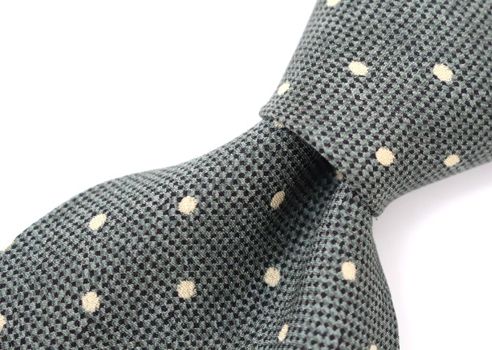Reading time: Just over 1 minute
If you ever do any media interviews it’s essential that you learn how to dress for TV. Here are some important tips…
Are television cameras on their way to you? Here’s some advice about what not to wear.
- Avoid wearing white or black. Yes, I know you will sometimes see TV anchors wearing these colours. But here’s why you should avoid them: television cameras set their lighting range on both the brightest and the darkest objects in the room. If your clothing falls within that spectrum, your face is likely to appear either to be over-lit or under-lit. (Anchors can get away with black and white because their makeup and the lighting is set to suit their needs. The same will not be done for you.) Always choose cream and navy blue over black and white.
- Avoid highly saturated colours. These can appear to “bleed” into other parts of the screen. Instead, prefer pastel solid colours: pinks, yellows, and pale blues all look really great. For a suit or jacket colour, it’s hard to beat navy blue.
- Avoid herringbone patterns or small intricate designs that will appear to vibrate on TV. For men, ties are often a challenge. In the photo of the tie, above, you can see a small whitish polka dot — this is not the problem. Of far greater concern is the tiny black check pattern in the background. If this were shown on a TV monitor it’s very likely the tie would appear to vibrate.
- Women: avoid wearing long dangling earrings, especially ones that shine. The movement that they make will distract from your message. Also, be aware of any jewelry — such as bracelets or large, chunky necklaces — that might make a noise when you’re speaking. Remove them. You don’t want to be competing with yourself when you’re on television.
- If you wear glasses, they are fine for television only if they are glare-proof and not tinted.
Finally, let me conclude with a few of pieces of positive advice. Be sure to bring a clothing brush with you – you don’t want dust or pet hair on your jacket. And both men and women should be comfortable wearing powder on their faces. Powder your nose, forehead and face to avoid looking shiny. If you are balding, don’t forget the top of your head.
If you’re ever at risk of appearing in a TV interview, be sure to keep a change of “TV suitable clothes” in your office so you are always ready to go.

